Question And Answer
Publications
Articles, publications, books, tools and multimedia features from the U.S. Institute of Peace provide the latest news, analysis, research findings, practitioner guides and reports, all related to the conflict zones and issues that are at the center of the Institute’s work to prevent and reduce violent conflict.
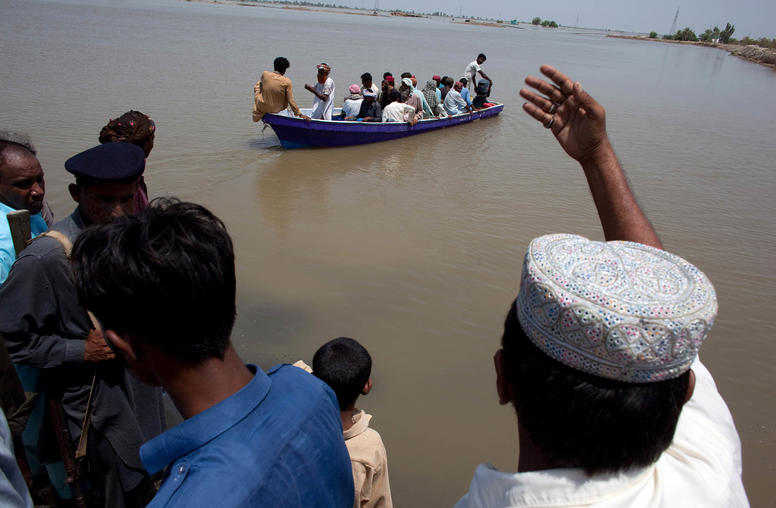
Pakistan’s Climate Challenges Pose a National Security Emergency
Pakistan is in the midst of a terrible heatwave, with the temperatures in parts of the country exceeding 120 F. April was the hottest month in the past 61 years, until May came along and saw warmer temperatures. At least 65 people have reportedly died due to the heatwave, but the actual numbers are certainly higher, and it’s caused massive flooding and infrastructure damage in Gilgit-Baltistan, water shortages in Karachi and broader Sindh province, and placed greater demands on the country’s weak electrical grid. Despite monsoon rains beginning in late June — causing at least 77 deaths — many parts of the country still swelter. Pakistan should treat these climate disasters as a full-fledged national security emergency before they stoke conflict that adds further stress amid the country’s other numerous challenges.
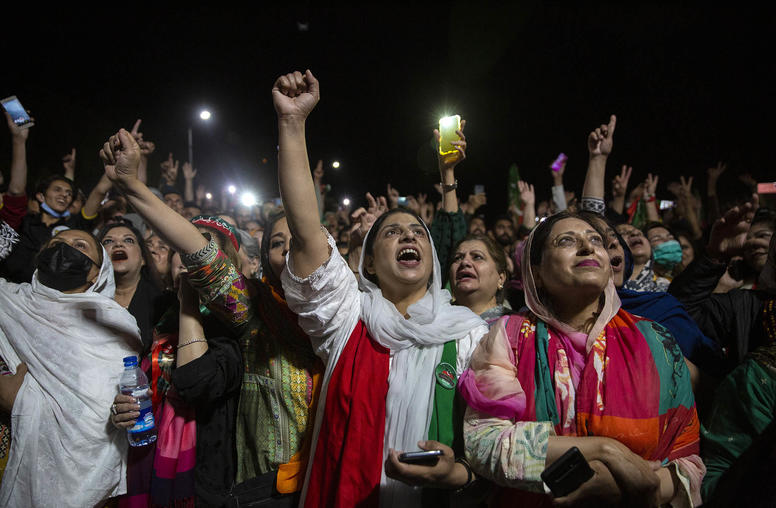
Pakistan’s New Government Struggles to Consolidate Control
Pakistan’s current government, an unwieldy multi-party coalition led by Prime Minister Shehbaz Sharif of the Pakistan Muslim League Nawaz (PML-N) party, faced a new setback in July after losses in mid-month special elections for 20 constituencies in the country’s heartland province of Punjab. Although the PML-N coalition attempted to retain control of the provincial government through manuevers in the provincial assembly, a Supreme Court ruling on July 26 overturned earlier precedent and ordered the election of Chaudhry Pervaiz Elahi, an ally of former Prime Minister Imran Khan, to the position of chief minister.
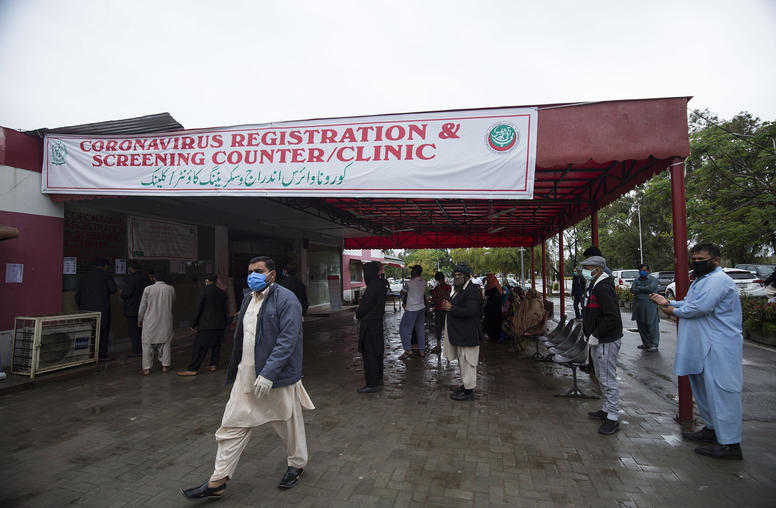
Pakistan’s Looming Coronavirus Crisis
In the weeks since Pakistan’s first confirmed cases of coronavirus, the country’s response has laid bare troubling weaknesses in governance, public health, and economic stability—and raised serious questions about Pakistan’s capacity to weather a large-scale outbreak absent significant international assistance. USIP’s Cyril Almeida and Ambassador Richard Olson look at how friction between the military and federal government poses a risk to Pakistan’s democracy, the possible avenues for medical and economic relief, and what COVID-19 means for the situation in Kashmir and Pakistan’s role in the Afghan peace process.
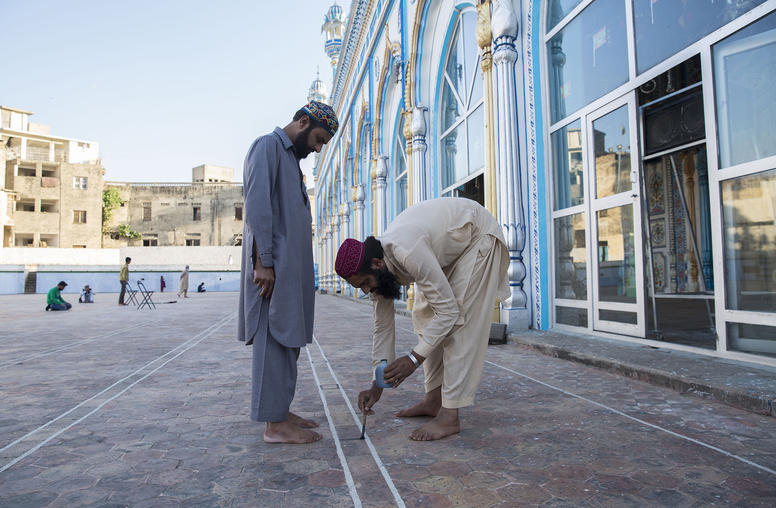
Pakistan’s Battle with Coronavirus Reveals Governance Challenges
While governments around the world are anxious to emerge from their pandemic lockdowns for the sake of their economies, the pressure to do so is more acute in countries like Pakistan where there were already high levels of poverty and a significant part of the population is engaged in the informal economy.
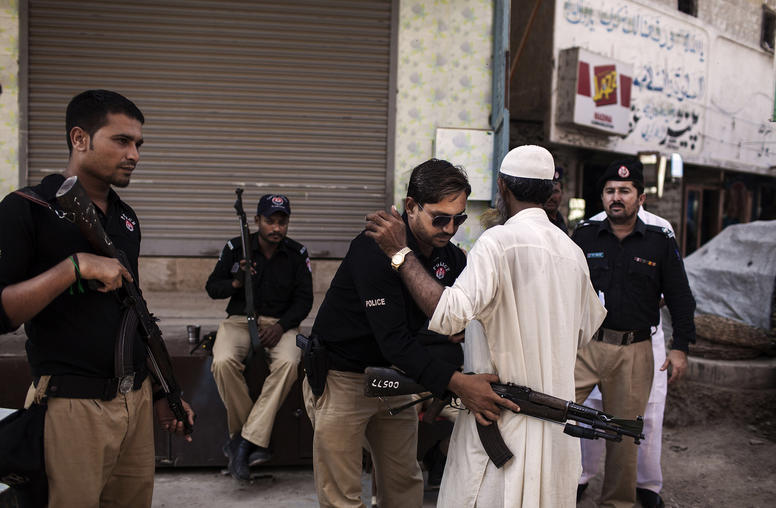
Coronavirus Pandemic Puts Police in the Spotlight in Pakistan
Police in Pakistan have found themselves in an unprecedented situation since the outbreak of the COVID-19 pandemic earlier this year. Under-resourced and poorly trained, they have struggled to ensure compliance with public health restrictions—such as lockdowns and social distancing—against a backdrop of Pakistan’s overarching governance challenges. With only outdated legal frameworks and conventional training and education to rely on, the police have largely responded to violations with corporal punishment, detentions, and arrests—actions that have been reported by the media and widely condemned.
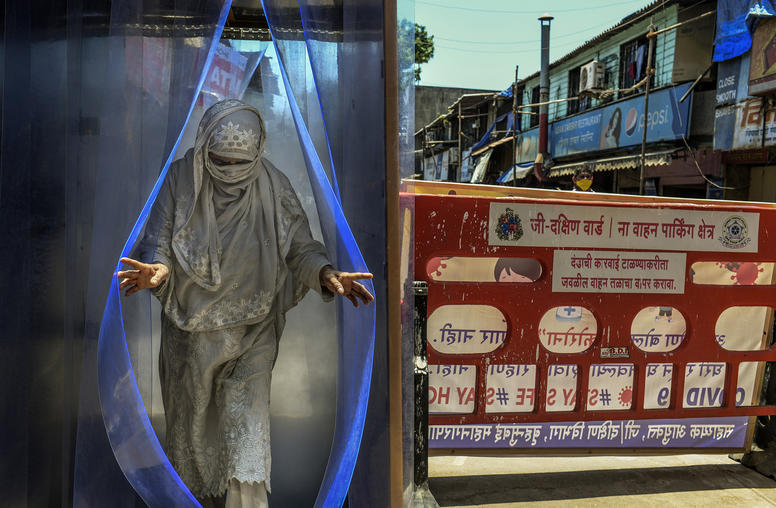
Coronavirus Tightens its Grip on South Asia
In South Asia, home to some of the world’s most densely populated nations, the COVID-19 pandemic has tightened its grip—causing infections to soar, battering economies, and plunging many into poverty. Governments have mostly struggled to cope.
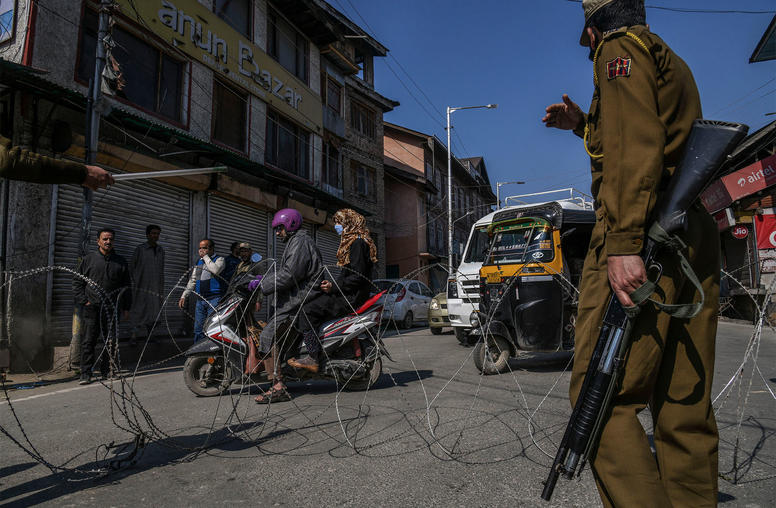
One Year Since Their State Was Split Up, Kashmiris' Lives Remain in Limbo
One year since Indian Prime Minister Narendra Modi’s government stripped Jammu and Kashmir of its special status and downgraded its statehood to a centrally controlled union territory—an act it argued was intended to improve governance and attract investment to the region—residents’ lives remain upended by continued conflict and a high level of militarization.
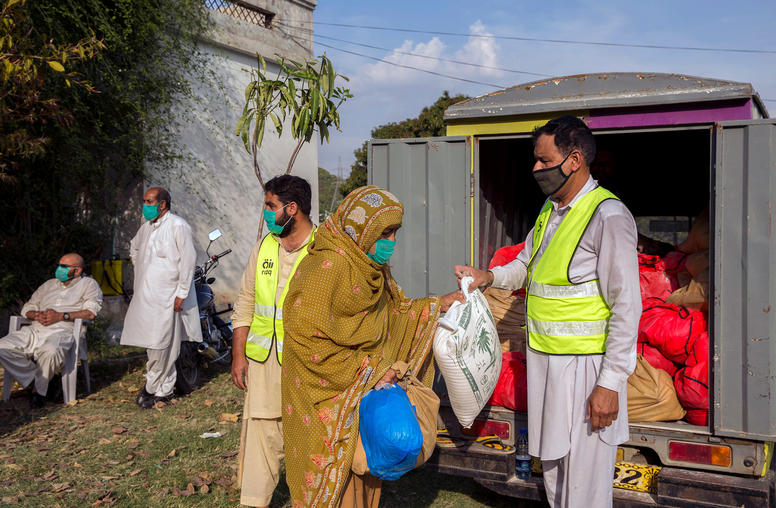
Pakistan Faces a Long Road to Sustainable Growth
At the turn of the century, Pakistan had the highest GDP per capita when compared with India, Bangladesh, and Vietnam. Twenty years later, it is at the bottom of the group. Political upheaval, a violent insurgency fed by the war in Afghanistan, and the inability of successive governments to carry out reforms are to blame for this decline. Today, a polarized political environment and elite intrigue among civilian, judicial, and military institutions has made sustainable economic growth and reforms that much more unlikely. The COVID-19 pandemic has further sharpened the challenge.
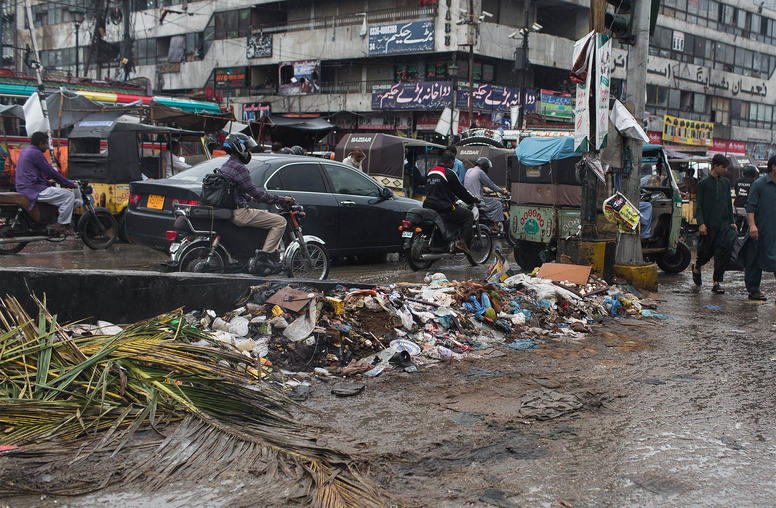
In Karachi, Flooding Lays Bare City’s Governance Issues
Many parts of Pakistan have always struggled with flooding, especially over the last decade, due in part to climate change as weather events have become more extreme. But for Pakistan’s largest city Karachi, August saw immense rainfall—breaking all previous records in the past century—and widespread flooding that brought the city to a standstill. USIP’s Jumaina Siddiqui and Cyril Almeida look at why Karachi’s flooding situation is so dire, how contentious political dynamics have impeded governance reforms in the city, and what can be done to prevent future humanitarian disasters.
Starting an Af-Pak Dialogue
Since early 2010, USIP’s Cross-Border Dialogue Initiative has brought together more than 300 people, teaching the skills of policy advocacy and negotiation and, at the same time, building bridges between communities suffering from endemic violence and separated by a tense national border.